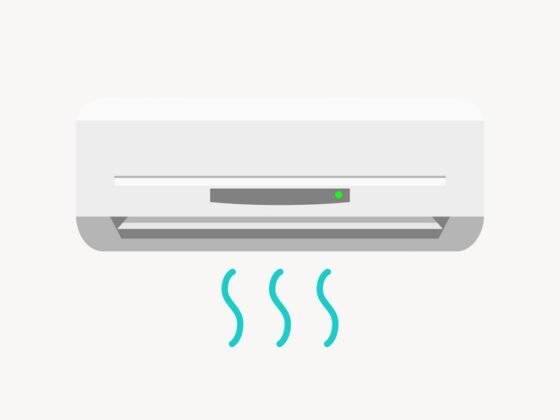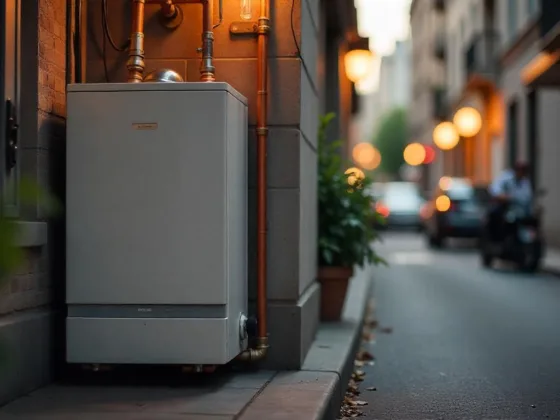Table of Contents Show
Electrical safety in your home needs to be a top priority and you really can’t afford to take any chances when it comes to choosing a circuit breaker that is going to give you the right level of protection.

You may need square d 50 amp breaker to meet the right electrical safety standards, but how do you know which one to select?
Here is a look at the main factors to consider when you are selecting a circuit breaker.
Check The Voltage Rating
Every breaker has a tolerance rating and you need to choose a circuit breaker that is right for the circuit it is being expected to protect.
You have to have a circuit breaker that has sufficient voltage capacity to be able to meet the demands of the end application it is being used for.
You can calculate the overall rating by working out the highest voltage being applied across all end ports. You also need to know the distribution type and how your chosen circuit breaker will be integrated into your electrical system.
Read Also:
What Is the Frequency Level?
Another question that needs answering is what sort of frequency capacity you need and whether the breaker can cope with that number.
For example, a circuit breaker of up to 600 amps can be used with a frequency range of between 50 and 120 Hz. Any higher than that and the breaker will have to derate.
Understanding The Continuous Current Rating
You will find that molded case circuit breakers have an amperes rating. This rating describes the continuous current rating that the breaker is calibrated for.
Most breakers are calibrated up to 104 F. However, you need to check the ampere rating based on the load and duty cycle relevant to your electrical system.
What Level of Fault Tolerance Does Your Breaker Have?
Known as maximum interrupting capacity, this rating is the number that tells you the maximum level of fault each breaker can tolerate before system failure occurs.
The main point you need to know about maximum interrupting capacity is that the capacity level needs to be at least equal, or greater, than the amount of fault current that can be delivered at one time.
Consider The Operating Conditions
Last but not least, remember that not all breakers are equal.
Some are more robust and better suited to certain conditions than others. You might need a breaker that not only has the right capacity but a decent ambient temperature tolerance as well.
A good quality breaker will also offer protection from corrosion and moisture problems.
Some of the considerations and calculations talked about here are technical, but also very critical to the safety of your system. Knowing exactly what you need from your breaker will help you to choose the right one for the job.
If you are unsure, it is always best to consult a qualified electrician or speak to your breaker supplier for guidance.
It always pays to focus on quality when it comes to choosing a circuit breaker as you really don’t want to take any chances, do you?









